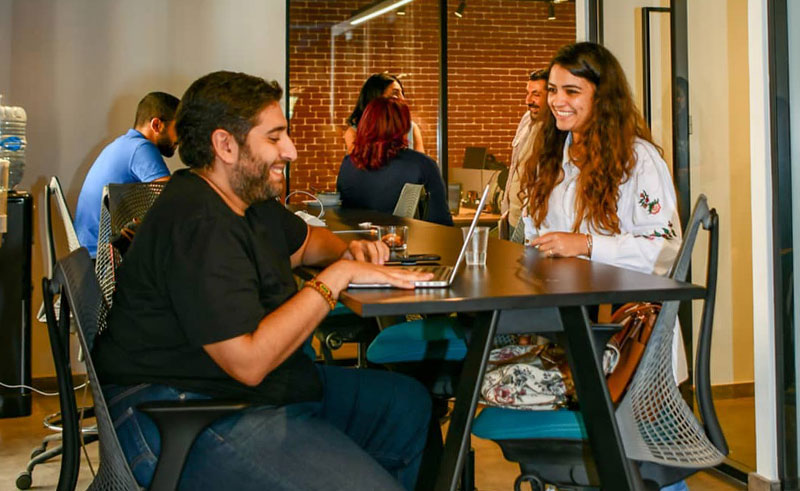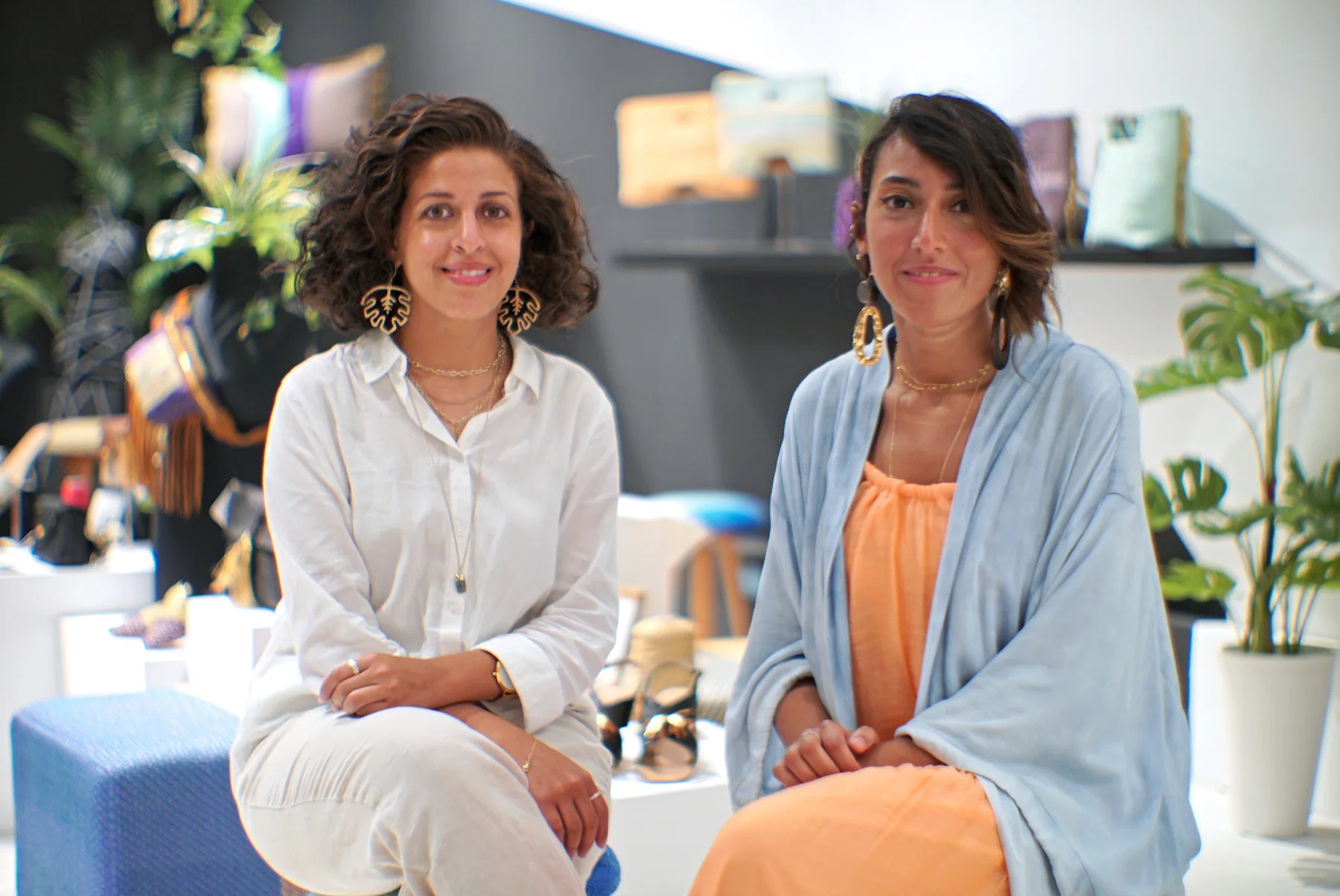Cairo has always been a city of survival. Its entrepreneurs know that the real pitch begins long before the slides — in borrowed offices, with borrowed laptops, on faith alone.
In July, Falak Startups hosted its annual Demo Day at the American University in Cairo’s Tahrir Campus. The historic hall, usually reserved for debates and academic ceremonies, buzzed with energy. Over sixty investors filled the rows as eleven startups took the stage, their voices echoing against the marble columns.
Among them stood Ahmed Atef, co-founder of Kenzz, an e-commerce startup simplifying digital retail for everyday Egyptians. Earlier this year, the company had closed a $3.5 million seed round led by Outliers Venture Capital and HOF Capital. When asked what changed after raising the round, Atef smiled:
“Not much. We’re still scrappy. Cairo teaches you to build from scarcity — investors came later, but belief started here.”
At another corner of the ecosystem, Flat6Labs held an open founders’ panel in Maadi. The crowd was smaller, the mood more intimate. Ramez Mohamed, CEO of Flat6Labs, moderated a conversation that blurred the line between confession and counsel. Mounir Nakhla, founder of MNT-Halan, leaned into the mic:
“People think raising $400 million makes you bulletproof. It doesn’t. The hardest part was surviving when we had fifty thousand in the bank and payroll due in three days.”
Across from him, Omar Ramadan, co-founder of Shaghalni, added softly,
“Egypt doesn’t give you time to overthink — you either adapt or disappear.”
Those lines became the unofficial mantra of the night.
Later in the week, Cairo Angels Syndicate Fund hosted a roundtable at The GrEEK Campus, where investors, founders, and policymakers gathered under string lights in the courtyard. Reham Gohar, the fund’s managing partner, discussed what she called “the empathy model” of investment.
“Capital has to flow where courage already exists,” she said. “We’re backing founders in Sohag, Mansoura, Aswan — the future of entrepreneurship is no longer centralised in Cairo.”
That shift is visible. In 2025, ITIDA’s regional programs have incubated startups in Beni Suef and Qena. Fawry, once a payments unicorn, expanded micro-lending services to underserved governorates. And Disruptech Ventures announced a micro-fund for fintechs outside metropolitan hubs.
But the real heartbeat of the ecosystem still hums in smaller moments. One evening at Kafein Café in Downtown Cairo, a group of founders met after an investor mixer. Among them were Nour Khaled from Pluria, Omar El-Sharkawy of Rabbit, and a few new faces from Alexandria and Luxor. They sipped mint tea and swapped survival stories — funding rounds lost, prototypes scrapped, friendships tested.
When the conversation turned to burnout, one young founder whispered:
“It’s not failure; it’s just Cairo teaching you patience.”
Outside, the traffic roared, the air thick with exhaust and optimism. The city looked unchanged — but something in its rhythm had shifted. Egypt’s founders were no longer chasing validation from global investors. They were rewriting what investment meant altogether — turning capital from a finish line into a by-product of grit.
In a country where uncertainty is constant, perhaps resilience is the most valuable currency of all.




